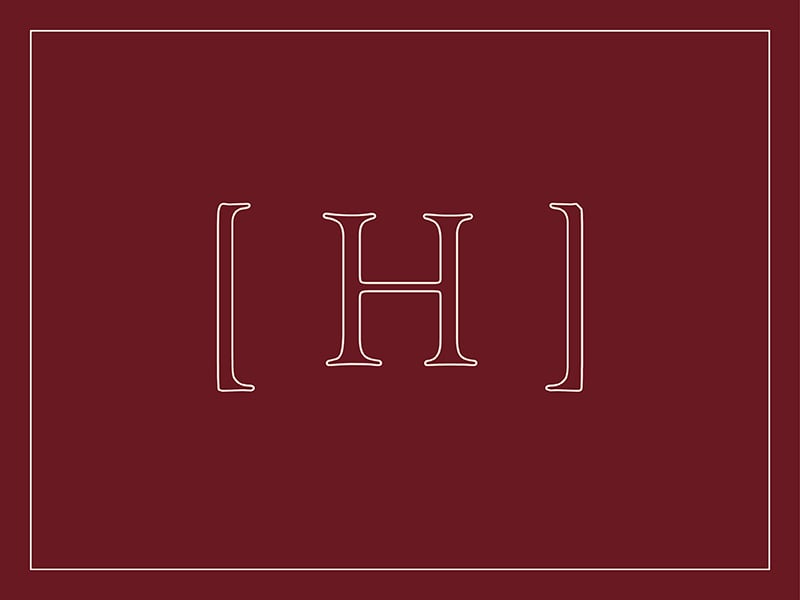Theodore Roosevelt “was a sickly, delicate boy, suffered much from asthma,” he later recalled, “and frequently had to be taken away on trips to find a place where I could breathe.” His mother, who thought he looked like a terrapin upon birth, feared her son might not live to the age of four. “I feel badly,” the toddler told her one morning. “I have toothache in my stomach.”
King Edward VII and former British prime minister Arthur Balfour would come to view him as “the greatest moral force of the age,” according to biographer Edmund Morris; Woodrow Wilson called him “the most dangerous man of the age”; and Roosevelt’s heavyweight sparring partner, with whom he held bruising boxing sessions in the White House, called him “a strong, tough man; hard to hurt and harder to stop.” His friend Captain Archibald Butt said he “cuts down trees merely for the pleasure of hearing them fall.” “When he appears,” a correspondent wrote, “the windows shake for three miles around.” Richard Washburn Child recounted the experience of making an official visit to the president: “You go to the White House, you shake hands with Roosevelt and hear him talk—and then you go home to wring the personality out of your clothes.” Woodrow Wilson called him “a real, vivid person.” (“I,” Wilson continued, “am a vague, conjectural personality, more made up of opinions and academic prepossessions than of human traits and red corpuscles.”)
By the time Roosevelt stepped down from the presidency, William Howard Taft, who had once called Roosevelt “a very sweet and natural man and a very trusting man,” had come to find him to be “the most dangerous man we have had in this country since its origin.” “I look upon him as I look upon a freak,” said Taft, “almost in the zoological garden, a kind of animal not often found.” H. G. Wells was haunted by “the friendly peering snarl of his face, like a man with sun in his eyes,” and Henry James said the president was “a dangerous and ominous Jingo,” calling him “the mere monstrous embodiment of unprecedented and resounding Noise.” (“What a miserable little snob Henry James is,” Roosevelt wrote in the summer of 1894.) “I do delight in him,” confessed Edith Wharton, and Mark Twain called him “one of the most likable men that I am acquainted with”—though he admitted the president was “clearly insane.” One of Roosevelt’s children, with whom he would often wrestle (“I play bear with the children almost every night,” he recalled, “and some child is invariably fearfully damaged in the play…”) called him “the bride at every wedding, and the corpse at every funeral,” and Booker T. Washington said that he “does not know how to hide anything.” On September 13, 1884, he shot a nine-foot, twelve-hundred-pound grizzly bear square between the eyes. The editor of the Journal of Abnormal Psychology wrote that Roosevelt would “go down in history as one of the most illustrious psychological examples of the distortion of conscious mental processes through the force of subconscious wishes.” Roosevelt warned of the civic threat posed by Beatniks as early as 1903. Wilhelm II, whom Roosevelt knew as Willy, held him in high esteem: “Thank Heaven, the Anglo-Saxon Germanic Race is still able to produce such a specimen,” he wrote Roosevelt in a 1904 letter. Henry Adams, who called Roosevelt “the best herder of Emperors since Napoleon,” estimated that the “twelfth century still rages wildly here in the shape of a fiend with tusks and eyeglasses,” and Francis Leupp agreed: “Mr. Roosevelt does not believe in getting too far away from primitive man.”
“You must always remember,” Roosevelt’s friend Sir Cecil Spring-Rice said, “that the president is about six.” Mark Twain put him at fourteen, and in 1900 William James assessed him as being “still mentally in the Sturm und Drang period of early adolescence.” “Yes,” Joseph Patrick Tumulty recalled Woodrow Wilson saying in 1917, “he is a great big boy.” He forgot his thirty-third birthday. “The President will of course outlive me,” wrote John Hay in his diary, “but he will not live to be old.”
Roosevelt himself disdained self-reflection, saying that he left painful memories alone “until they are too dead to throb.” “I never want to look at or think about myself,” he said. “I am not in the least concerned as to whether I will have any place in history, and, indeed, I do not remember ever thinking about it.”
Henry Adams hated the way Roosevelt pronounced the word “I.”





































































































































































